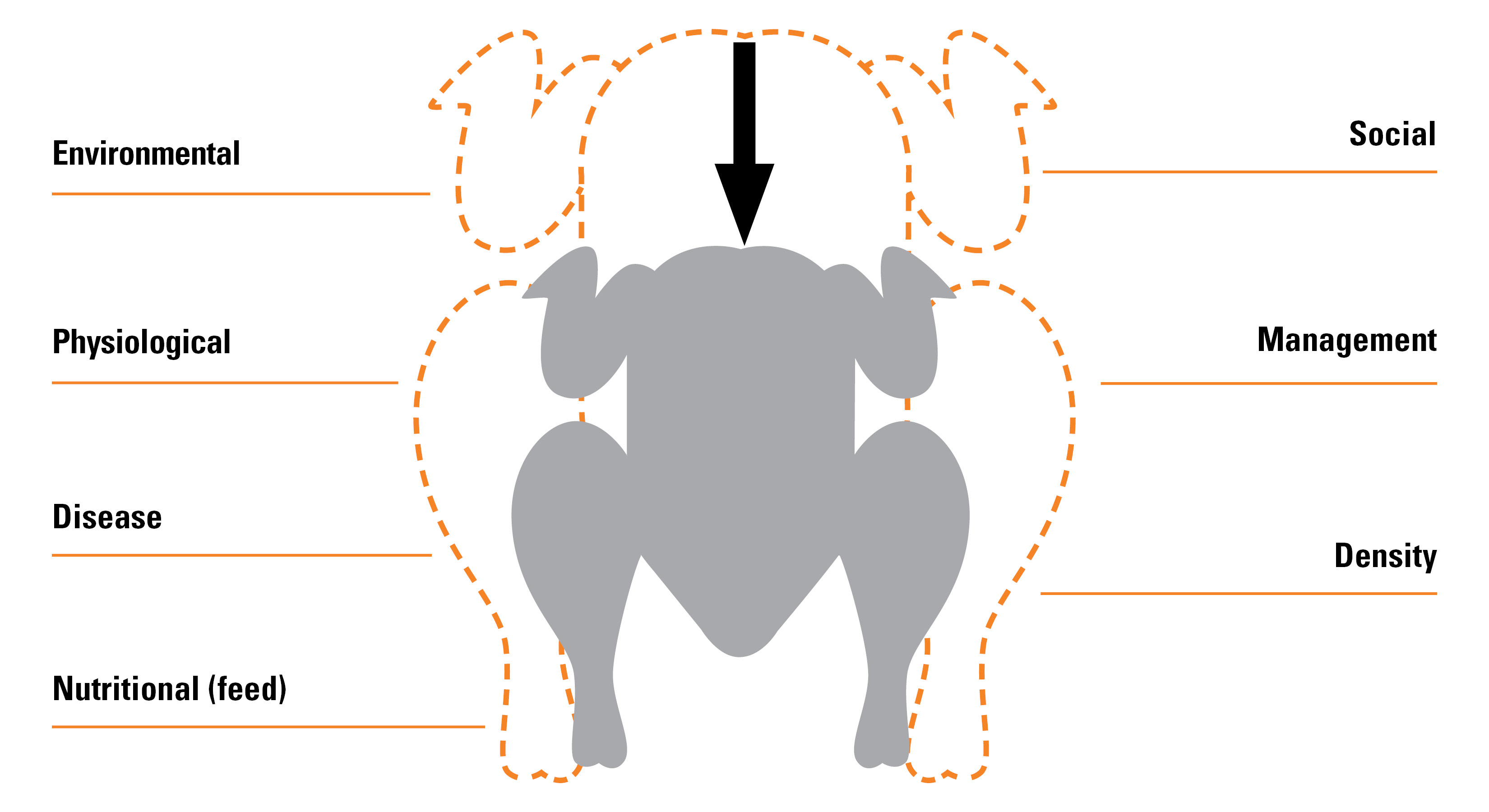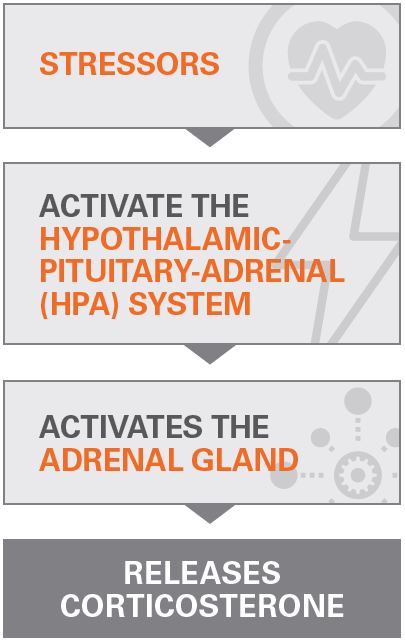Table 1. Summary of key performance parameters for various strains, weights and ages of broilers from university pen trials.

*Compared to control. ND - No difference from control.
**Adjusted for weights and FCR.
Study 1: Vignale, K., D. Koltes, J.Weil, S. West, S. Weimer, V. Iseri, K. Christensen. 2017. The effect of chromium propionate on performance responses in heat stressed male broiler chickens. 2017 International Poultry Scientific Forum. Atlanta, GA. Abstract T181, page 53.
Study 2: Lester, T., K. Brown, C. Eagleson, V. Iseri, J. Lee. 2017. Evaluation of chromium propionate on broiler growth performance and processing yields. Journal of Poultry Science 96 (E-suppl. 1): 188.
Study 3: The effect of a source of KemTRACE Chromium on performance responses and carcass yield in broiler chickens, TD-18-00003.
Study 4: Lester, T., K. Brown, K. Vignale, C. Alvarado, J. Lee. 2018. Evaluation of chromium propionate and a butyric acid complex on male growth performance, corticosterone level and meat yield. 2018 International Poultry Scientific Forum. Atlanta, Georgia. Abstract M86, pg. 26.
References
1Siegel, H. S. (1980). Physiological stress in birds. Bioscience 30:529–534.
2Holmes, W. N., and J. G. Phillips (1976). The adrenal cortex of birds. Pages 293–420 in General, Comparative and Clinical Endocrinology of the Adrenal Cortex. I. Chester Jones and I. W. Henderson, ed. Academic Press, New York, NY.
3Dupont J., M. Derouet, J. Simon and M. Taouis (1999). Corticosterone alters insulin signaling in chicken muscle and liver at different steps. Journal of Endocrinology 162, 67-76.
4Mirfendereski E. and R. Jahanian (2015). Effects of dietary organic chromium and vitamin C supplementation on performance, immune responses, blood metabolites, and stress status of laying hens subjected to high stocking density. Poultry Science 94: 281-288.
5Vignale, K, Koltes D., Weil J., West S., Weimer S.L., Iseri V. and Christensen K.D (2017). The effect of chromium propionate on performance responses in heat stressed male broiler chickens. 2017 International Poultry Scientific Forum. Atlanta, GA. Abstract T181, page 53.
6Lester, T., K. Brown, C. Eagleson, V. Iseri, J. Lee. 2017. Evaluation of chromium propionate on broiler growth performance and processing yields. Journal of Poultry Science 96 (E-suppl. 1): 188.
7Puvadolpirod S., J. P. Thaxton. 2000. Model of physiological stress in chickens 1. Response parameters. Poult. Sci. 79:363-369.
8Alejandro, C.-I., et al. 2014. Environmental Stress Effect on Animal Reproduction. Open Journal of Animal Sciences, 4, 79-84.
9Miller, D.B., et al. 2002. Neuroendocrine Aspects of the Response to Stress. Metabolism. Vol 51:5-10.
10Mirfendereski, E., R. Jahanian. 2015. Effects of dietary organic chromium and vitamin C supplementation on performance, immune responses, blood metabolites, and stress status of laying hens subjected to high stocking density. Poultry Science 94:281–288.
11Lester, T., K. Brown, C. Eagleson, V. Iseri, J. Lee. 2017. Evaluation of chromium propionate on broiler growth performance and processing yields. Journal of Poultry Science 96 (E-suppl. 1): 188.




